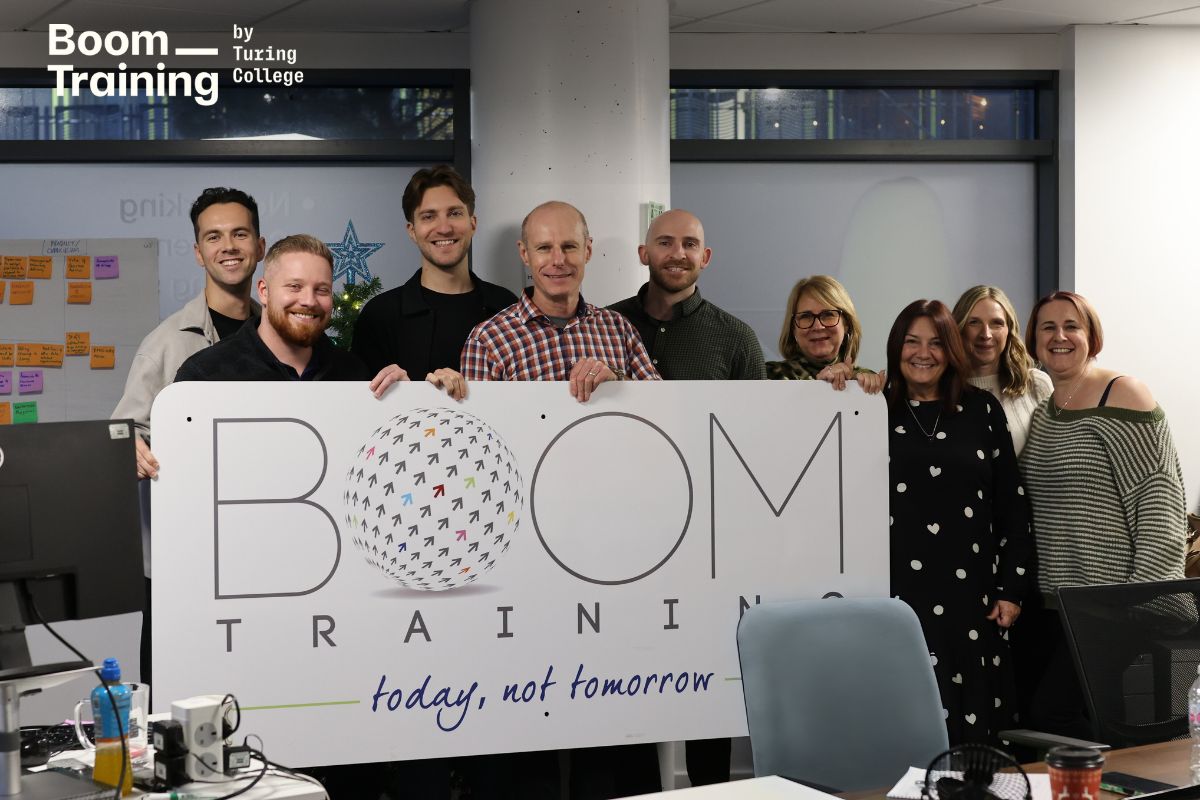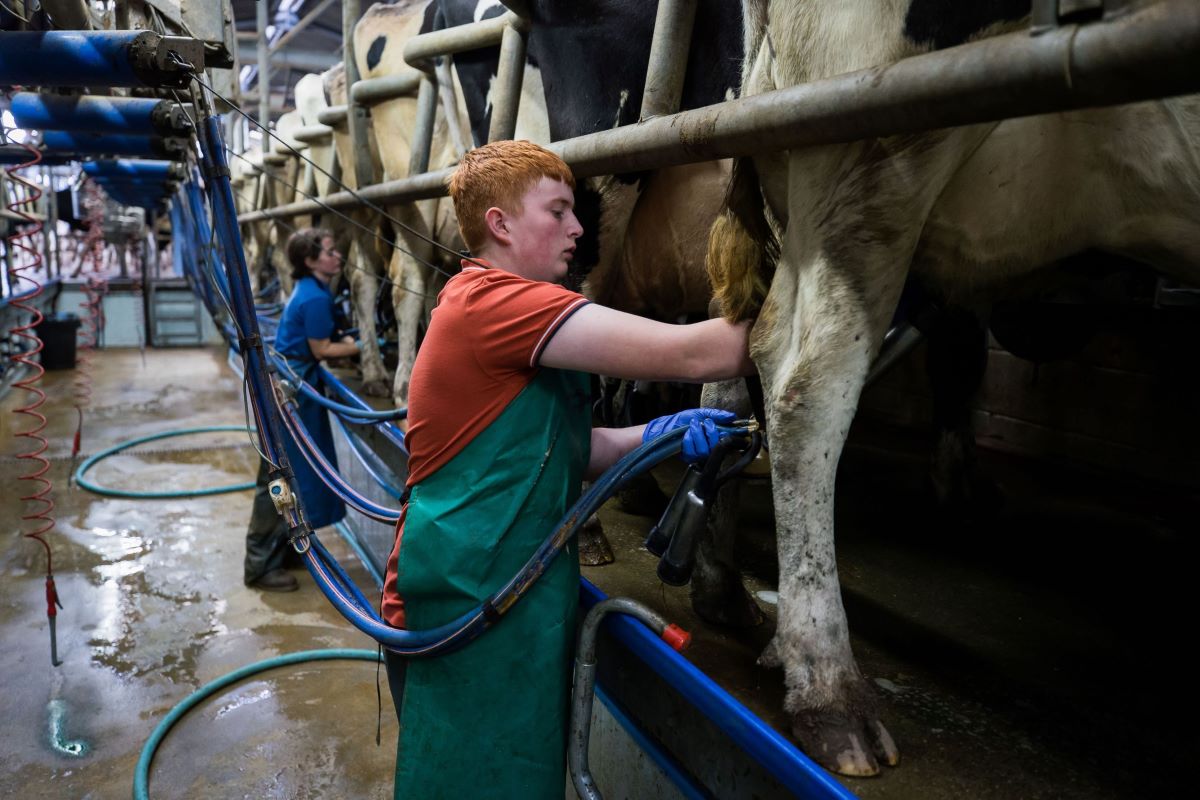Driving Auto Forwards: IMI report puts the spotlight on short-term drivers for skills change

Changing automotive landscape demands technical skill, increased diversity and environmentally conscious practices
A new report from the Institute of the Motor Industry (IMI) – Driving Auto Forwards – has revealed the top ten short-term drivers for skills in the UK automotive sector and their implications for the workforce. The IMI offers strategic recommendations and actions for the UK automotive sector in the report to help build a fully-skilled workforce and a series of Insight reports will be published in the coming months that take a deeper dive into the key themes and offer detailed opinion and analysis.
Steve Nash, CEO of the IMI believes that by proactively engaging with these key drivers, the sector can position itself for sustained growth and success:
“As the industry evolves, identifying and addressing the key drivers shaping the future skills landscape is crucial. The challenges facing the sector today vary greatly, reflecting the fast-moving and dynamic nature of automotive today. If businesses in our sector are to tackle these challenges effectively they need strategies in place now that can support change and growth.”
Ten Drivers for Skills Change:
- The ongoing challenge filling vacancies – the highest vacancy rate in 21 years, increasing while vacancies in other sectors decrease, exacerbated by an aging workforce and retirements, salary dissatisfaction and post-COVID job-hopping.
- Building a technically skilled and futureproof workforce – increasing demand for electric vehicles and adoption of Advanced Driver Assistance Systems requires specific training, yet the gap between the number of qualified technicians and those required continues to grow.
- Growth in manufacturing – the surge in UK car production in the past decade and growing emphasis on sustainable mobility solutions has increased job opportunities, especially in technical roles such as programmers, software developers and architects.
- Lack of diversity in the workforce – low representation of women and non-white British employees in UK automotive retail limits the potential of the industry, despite clear evidence that diversity fosters innovation, creativity, problem-solving and effective decision-making.
- Increasing emphasis on customer service and soft skills in retail – customers increasingly expect personalised and seamless interactions, excellent service and access to digital solutions. Meeting that need requires specific skills and technology.
- Green initiatives and sustainability – increasing adoption of eco-friendly practices as well as the growing electric vehicle parc requires a shift in focus to lightweight materials, sustainable manufacturing, remanufacturing, recycling, research and development, sustainable supply chain management, and public awareness and education.
- Data analytics and Telematics – increasing integration of technology in vehicles require professionals with the skills to interpret and analyse vehicle performance data, leading to an increase in demand for data-related skills.
- The agency model – manufacturers’ adoption of the agency model for selling vehicles direct to consumers, bypassing retailers, will impact the jobs, roles and skills required in the sector prompting a growing need for flexibility and the ability to work collaboratively with external agencies.
- Online Sales and Digital Marketing – e-commerce has been growing for many years, and the automotive sector is seeing the impact. Sales professionals need digital sales and online marketing skills as well as knowledge of customer relationship management (CRM) tools.
- The long road to post-COVID recovery – the pandemic’s impact has led to falling new car sales and an aging car parc, resulting in a growing need for professionals skilled in vehicle refurbishment as well as parts and component manufacturing.
“The automotive sector is undergoing significant change, and our workforce, processes and technology must adapt to meet new and ever-changing needs”, added Steve Nash.
“Customer demand for more technologically advanced vehicles and seamless digital experiences, as well as more sustainable and environmentally responsible materials and practices has brought about an urgent need for new skills within the automotive workforce. To meet this need, businesses must invest in upskilling their employees, offering access to training programmes that address the specific needs arising from the shifting vehicle ownership patterns and fostering a culture of ongoing learning.
“Upskilling and expanding the scope of existing roles will help the motor industry serve customers as the landscape continues to shift and evolve, helping it to remain successful, profitable and a positive contributor to the UK economy in 2024 and beyond.”











Responses